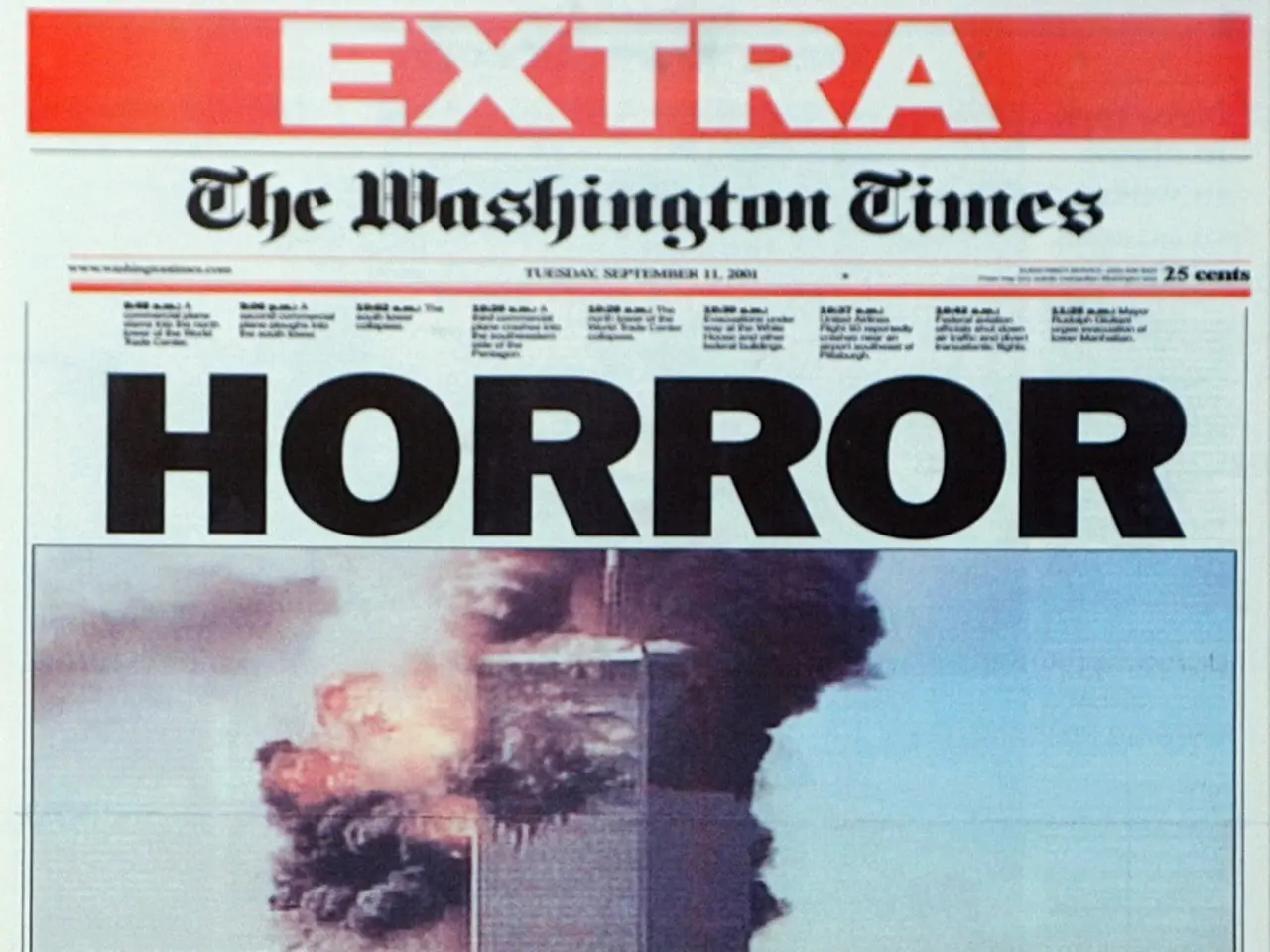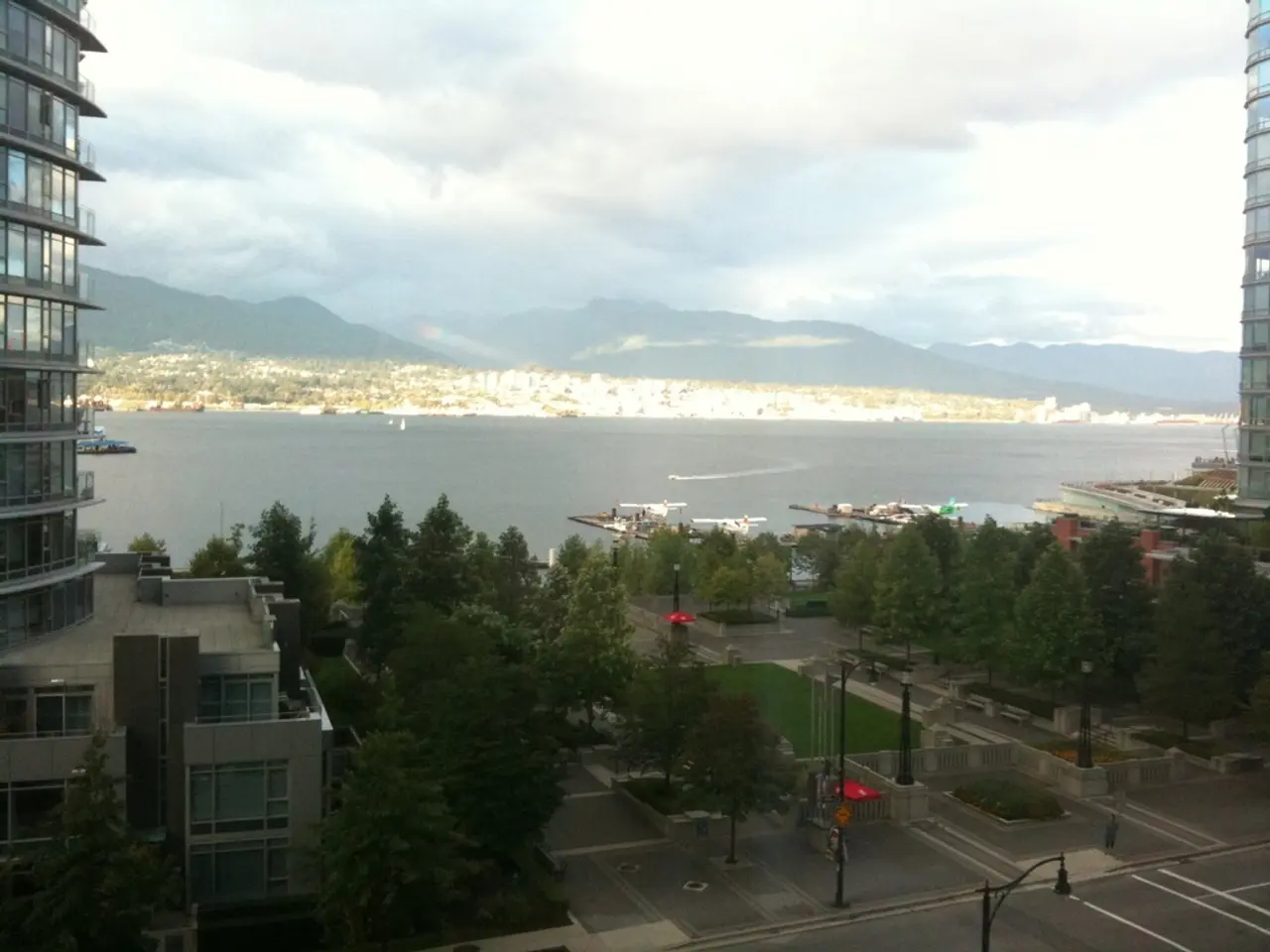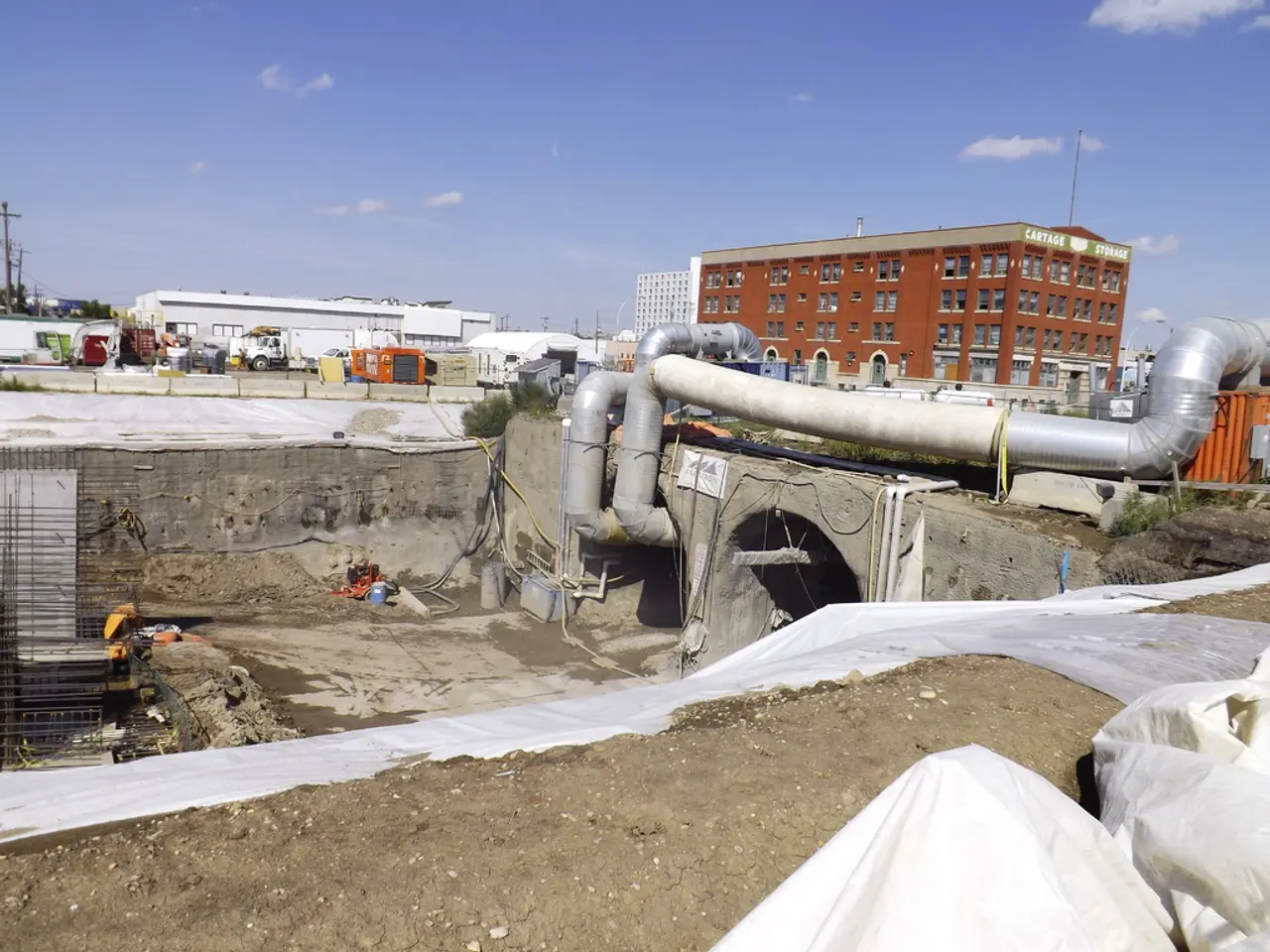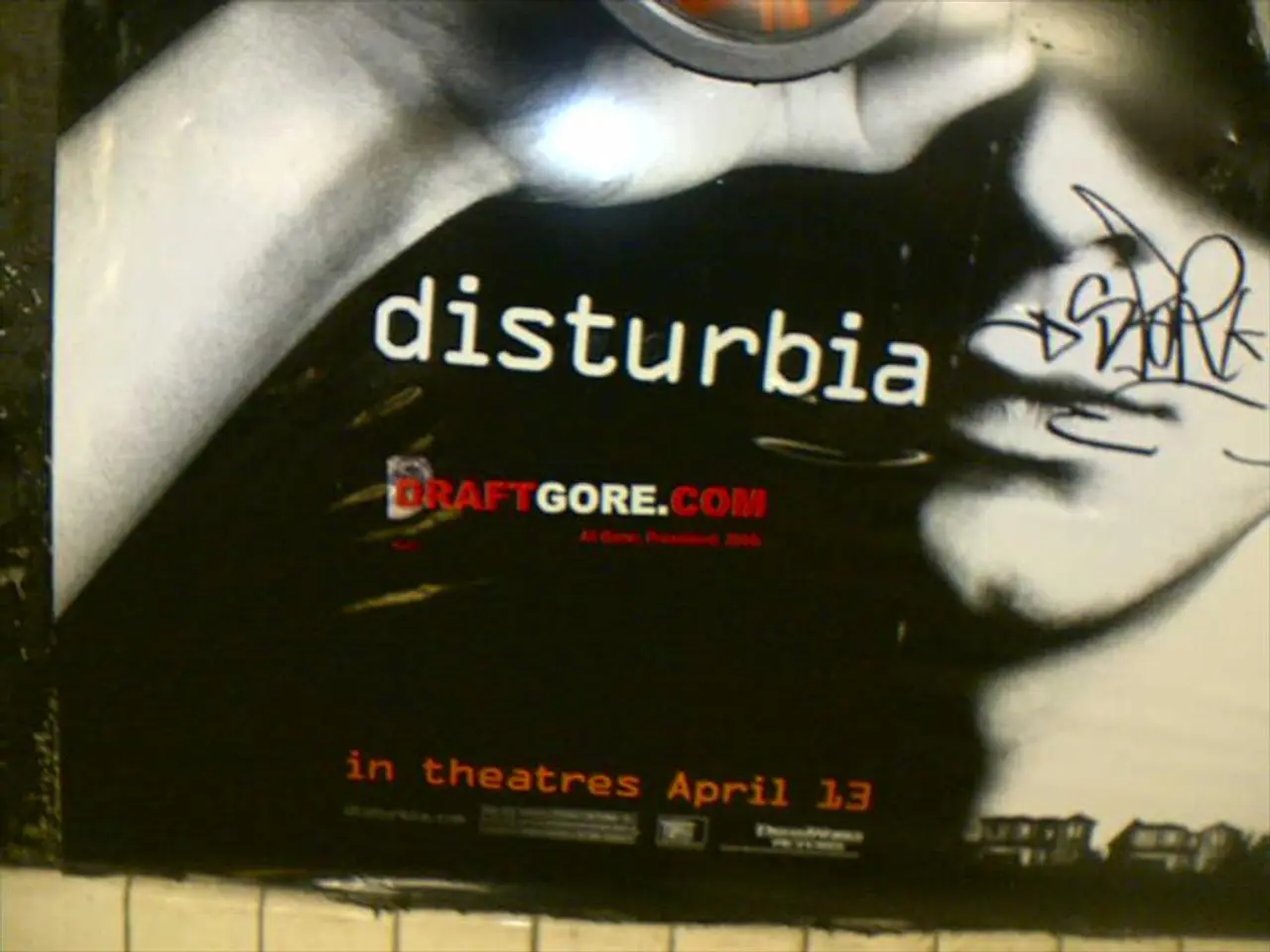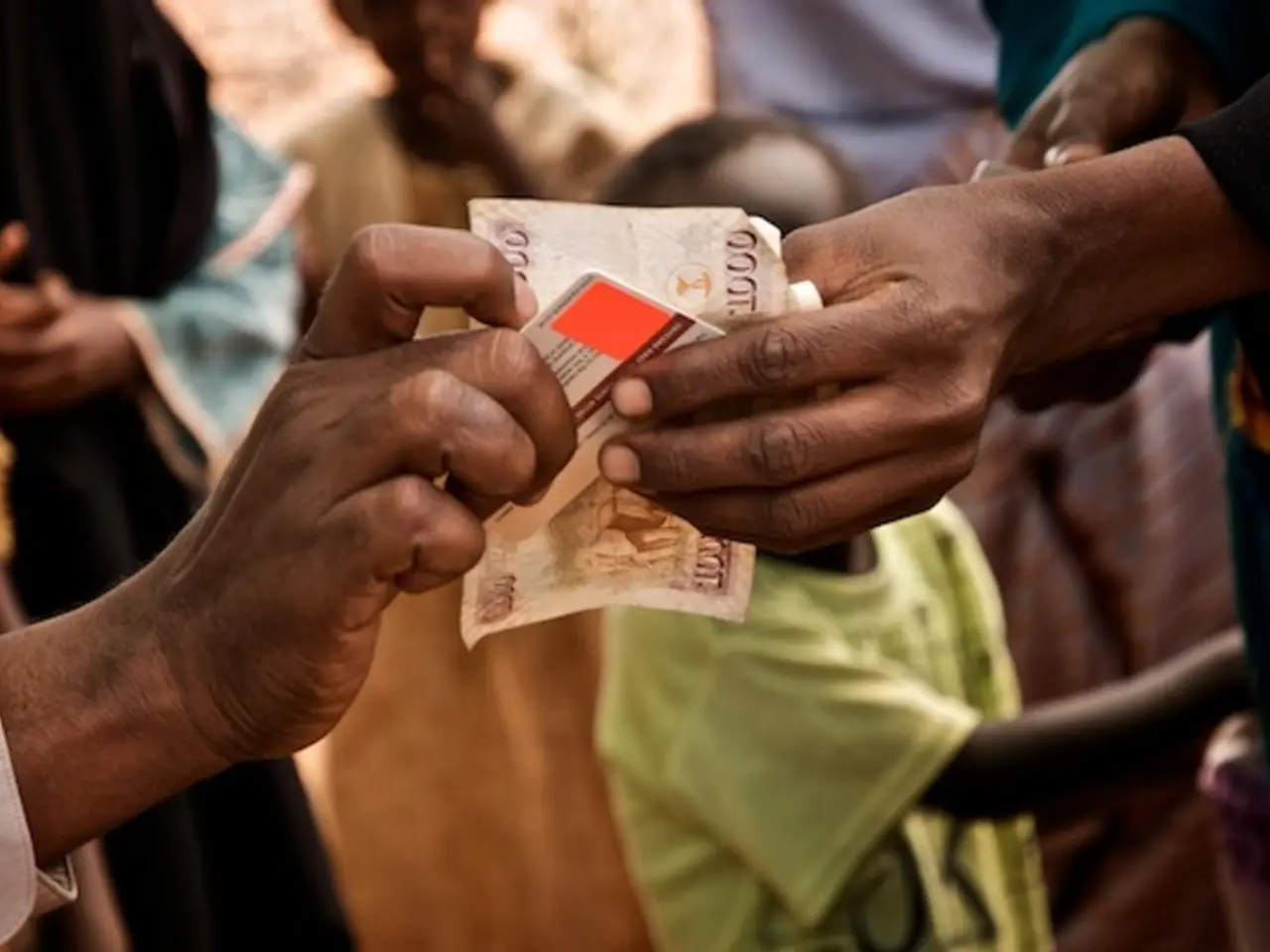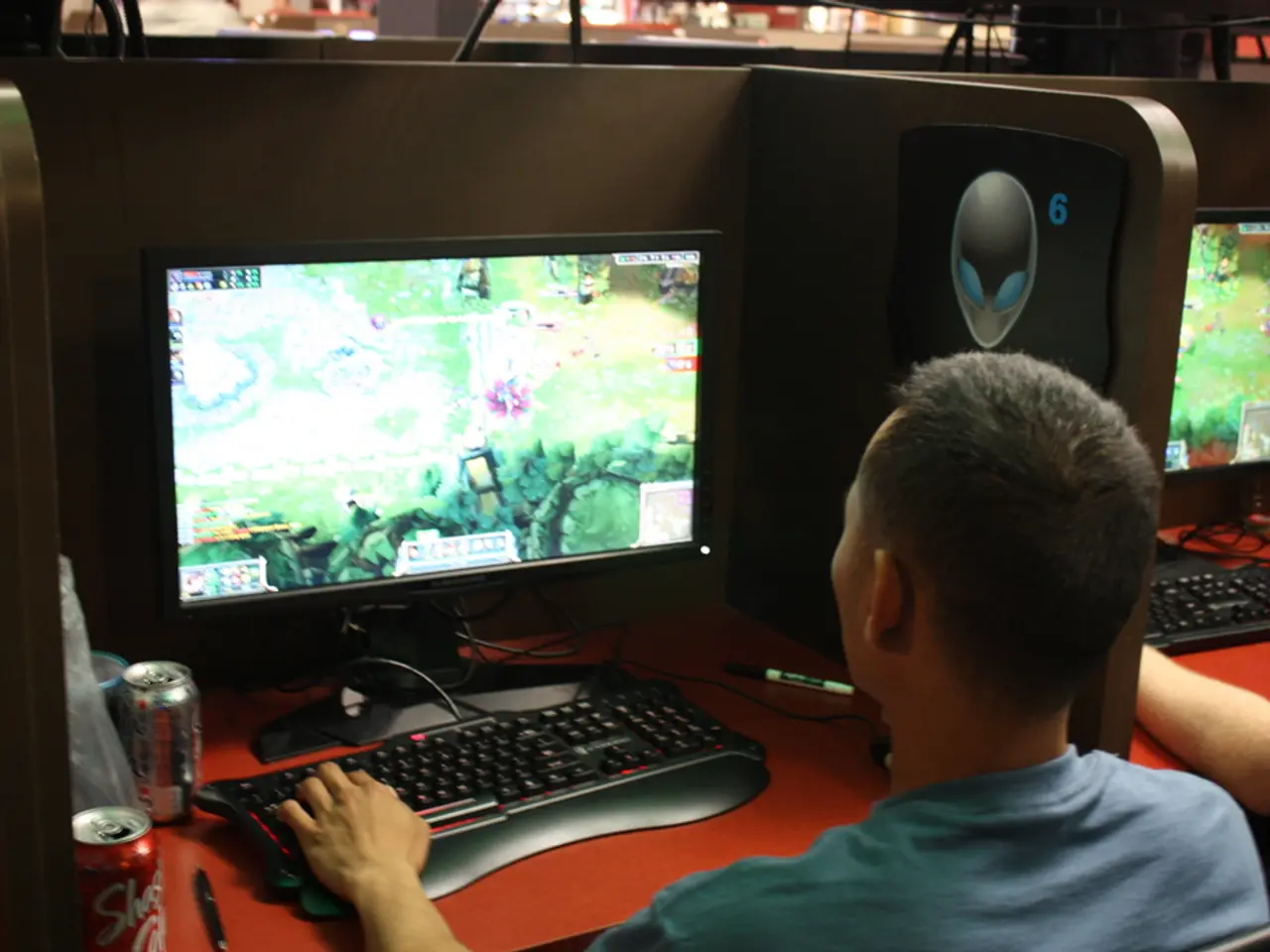Political script of 21st century autocrats: Today, Bukele's rule
In the contemporary political landscape, the rules of the electoral game are undergoing significant modifications and changes, altering transparency and free competition. These transformations, however, are not without warning signs, as identified by political scientist Constanza Mazzina, who specialises in democratic erosion and authoritarianism.
Mazzina's research highlights several common tactics employed by 21st-century authoritarians to dismantle democratic institutions. One such tactic is undermining independent institutions, such as courts, election commissions, and the media, to reduce checks and balances.
Manipulating elections is another strategy, achieved through voter suppression, gerrymandering, or controlling electoral bodies, enabling authoritarians to secure power while undermining competitiveness.
Controlling information is a critical tool in the authoritarian arsenal, as it involves silencing independent journalism and promoting propaganda to distort public debate.
Eroding rule of law is another tactic, where legal protections and accountability are weakened to protect the power of the ruler or party from legal challenges.
Polarization and scapegoating are used to create social divisions and justify authoritarian measures, with divisive rhetoric employed to demonize opposition or perceived enemies.
Weakening civil society is another tactic, achieved through restricting NGOs, protests, and opposition groups to reduce external pressure.
These indicators, when present, can lead to an authoritarian regime, characterised by the absence of checks and balances, accountability, and political party pluralism. Protests are criminalized, opposition leaders are persecuted, imprisoned, or forced into exile, press freedom is curtailed, and many journalists lose their lives in their exercise and defense. NGOs that do not respond to the officialdom are persecuted, and the law is made and unmade according to the whim of the ruler or party, with state resources used to reward followers and punish enemies.
Recent examples of these tactics can be seen in the cases of Daniel Ortega, President of Nicaragua since 2007, and Nayib Bukele, President of El Salvador since 2019. Both leaders have achieved indefinite re-election, with Ortega through constitutional reforms and Bukele through the approval of the Chamber of Deputies, which holds a supermajority of his supporters.
These leaders have employed various strategies to consolidate their power, including the abuse or distortion of constitutional and para-constitutional powers, co-optation of security forces, advance over the legislative and judicial powers, and reduction of public contestation space, including restrictions on freedom of the press and expression, civil society, and political parties.
Constanza Mazzina, Director of the Bachelor of Political Science at UCEMA, provides a detailed analysis of these tactics and their implications for democracy. For a more specific synthesis of her exact framework and terminology, more resources or specific search results would be required.
Messy politics can arise when tactics employed by 21st-century authoritarians, such as undermining independent institutions, manipulating elections, controlling information, eroding rule of law, polarization and scapegoating, weakening civil society, and distorting or abusing constitutional powers, are not checked by policy-and-legislation, free competition, and general-news. These tactics can lead to a shift from a democratic system to a war-and-conflicts-laden authoritarian regime, characterized by the absence of checks and balances, accountability, and political party pluralism. Crime-and-justice may increase in such regimes due to the persecution of opposition leaders, the imprisonment of journalists, and the curtailment of freedom of the press and expression.
